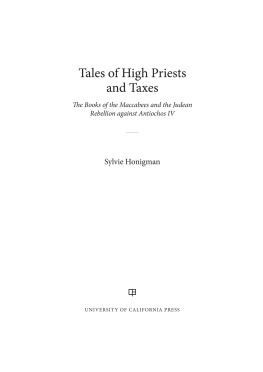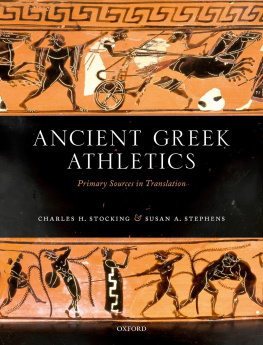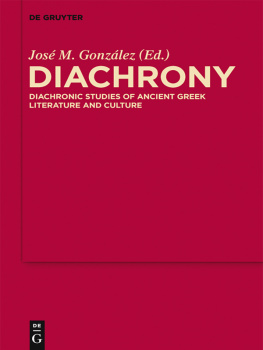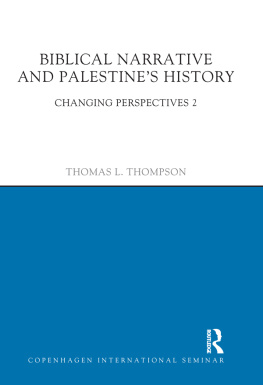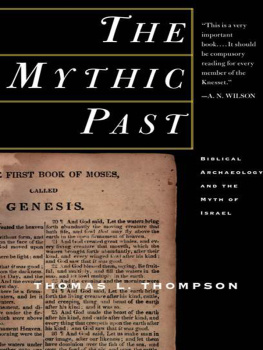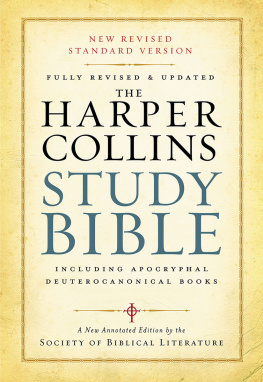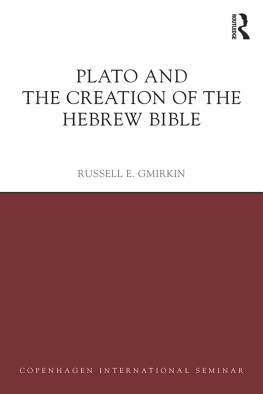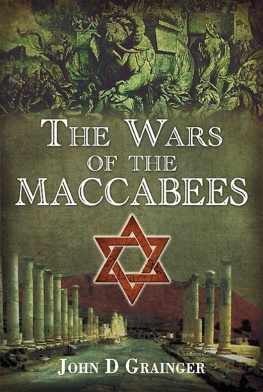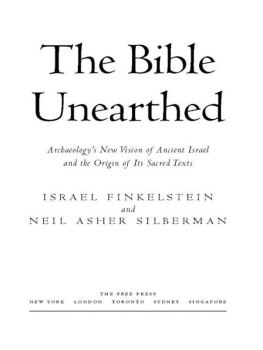Sylvie Honigman - Tales of High Priests and Taxes: The Books of the Maccabees and the Judean Rebellion against Antiochos IV
Here you can read online Sylvie Honigman - Tales of High Priests and Taxes: The Books of the Maccabees and the Judean Rebellion against Antiochos IV full text of the book (entire story) in english for free. Download pdf and epub, get meaning, cover and reviews about this ebook. City: Oakland, year: 2014, publisher: University of California Press, genre: History. Description of the work, (preface) as well as reviews are available. Best literature library LitArk.com created for fans of good reading and offers a wide selection of genres:
Romance novel
Science fiction
Adventure
Detective
Science
History
Home and family
Prose
Art
Politics
Computer
Non-fiction
Religion
Business
Children
Humor
Choose a favorite category and find really read worthwhile books. Enjoy immersion in the world of imagination, feel the emotions of the characters or learn something new for yourself, make an fascinating discovery.
- Book:Tales of High Priests and Taxes: The Books of the Maccabees and the Judean Rebellion against Antiochos IV
- Author:
- Publisher:University of California Press
- Genre:
- Year:2014
- City:Oakland
- Rating:3 / 5
- Favourites:Add to favourites
- Your mark:
Tales of High Priests and Taxes: The Books of the Maccabees and the Judean Rebellion against Antiochos IV: summary, description and annotation
We offer to read an annotation, description, summary or preface (depends on what the author of the book "Tales of High Priests and Taxes: The Books of the Maccabees and the Judean Rebellion against Antiochos IV" wrote himself). If you haven't found the necessary information about the book — write in the comments, we will try to find it.
In the wake of the conquests of Alexander the Great, the ancient world of the Biblethe ancient Near Eastcame under Greek rule, and in the land of Israel, time-old traditions and Greek culture met. But with the accession of King Antiochos IV, the soft power of culture was replaced with armed conflict, and soon the Jews rebelled against their imperial masters, as recorded in the Biblical books of the Maccabees. Whereas most scholars have dismissed the biblical accounts of religious persecution and cultural clash, Sylvie Honigman combines subtle literary analysis with deep historical insight to show how their testimony can be reconciled with modern historical analysis by conversing with the biblical authors, so to speak, in their own language to understand the way they described their experiences. Honigman contends that these stories are not mere fantasies but genuine attempts to cope with the massacre that followed the rebellion by giving it new meaning. This reading also discloses fresh political and economic factors.
Sylvie Honigman: author's other books
Who wrote Tales of High Priests and Taxes: The Books of the Maccabees and the Judean Rebellion against Antiochos IV? Find out the surname, the name of the author of the book and a list of all author's works by series.

